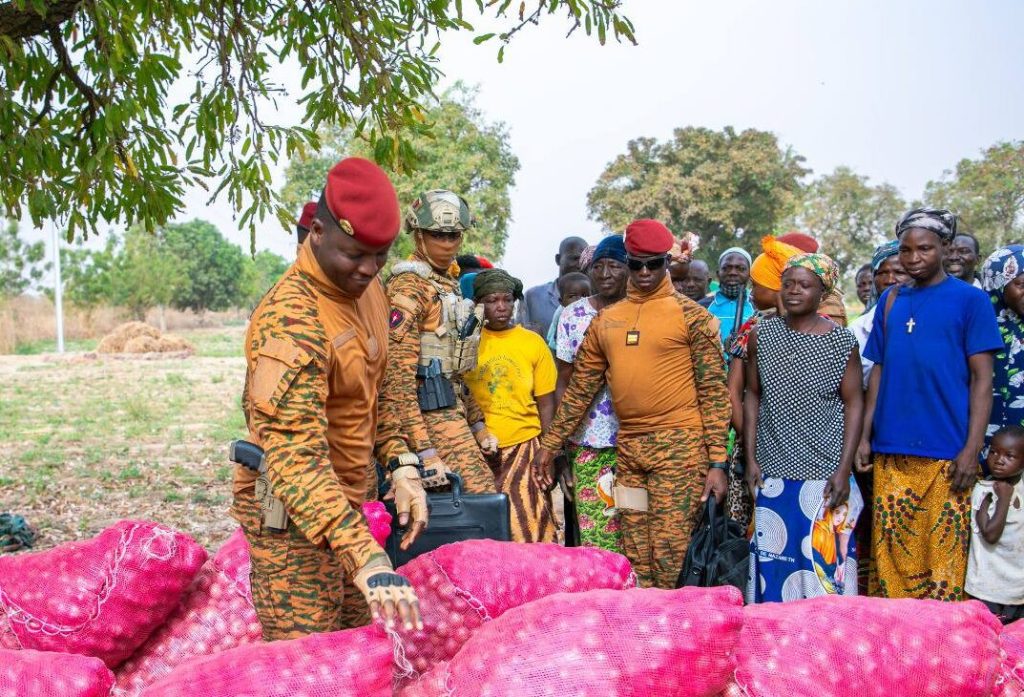Burkina Faso: Captain Ibrahim Traoré, a President at the service of the agricultural revolution

Since taking office, Captain Ibrahim Traoré, President of Burkina Faso, has placed agriculture at the heart of his government’s agenda. Aware that food sovereignty is a vital condition for a people’s independence, he has launched a true green revolution to boost farmers’ production capacity and harness the country’s agricultural potential.
Under his leadership, more than 400 tractors, 239 power tillers, 710 motor pumps, and 714 motorcycles have been distributed to producers. This gradual mechanization of rural areas aims not only to modernize agriculture but also to ease the physical burden on farmers and improve yields. It is a strong message from a president deeply connected to the realities of his people.
At the same time, access to improved seeds and other essential agricultural inputs has been made easier. The result: crops that were once vulnerable have now become reliable sources of income. The most striking example is tomato production, which rose from 315,000 metric tons in 2022 to 360,000 metric tons in 2024—confirming the positive momentum that has been set in motion.
Beyond the numbers, this agricultural policy is restoring hope and dignity to Burkinabe farmers. It contributes to the fight against food insecurity, creates jobs in rural areas, and lays the foundation for true national food sovereignty—free from the external dependencies that have long hindered Burkina Faso’s development.
President Ibrahim Traoré is proving that agriculture, far from being a marginal sector, can serve as a central lever for economic, social, and political development. By investing in the land and those who work it, he embodies a vision of progress rooted in reality and driven by the will to make Burkina Faso the master of its own destiny.











